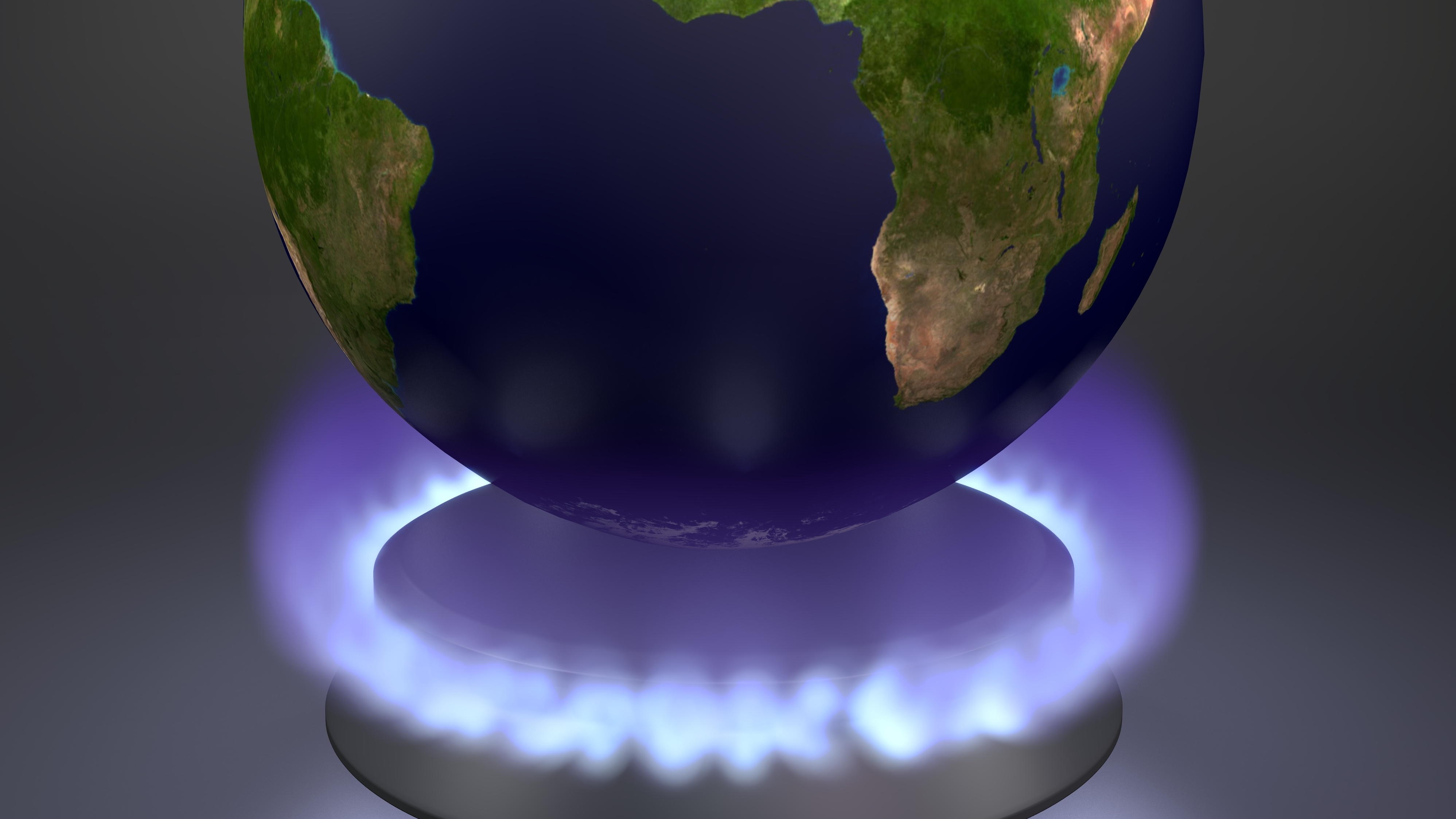Energy requirements in industry and in the entire building stock play a central role when it comes to reducing greenhouse gas emissions. Identifying efficiency potential has therefore long been a standard part of responsible business management at every company location. Energy and eco-audits are valuable signposts from which not only the economic balance sheet, but also the external perception by customers and business partners can benefit.
Of course, not every need for space or process heat, for example, can be avoided through energy refurbishment or efficiency measures. However, the remaining emissions can now be neutralized in terms of their impact on the climate through so-called voluntaryCO2 offsetting. This option, which is available to any company or commercial enterprise regardless of sector and size, can become an additional pillar of energy management.
Achieving aCO2-neutral heat supply in the overall balance does not require a fundamental change of energy source. However, it is important to pay attention toCO2-compensated products when purchasing fuel. Their emission potential is exactly offset by worldwide investments by suppliers and fuel traders in recognized climate protection projects. The issue of correspondingCO2 reduction certificates confirms the 1:1 offsetting ofCO2 generation andCO2 avoidance. The prerequisite is, of course, that these projects would not have been carried out anyway, but are only made possible by the purchase of certificates.
The "RAL quality markfor CO2-compensated energy products" proves that this requirement is met and that the entire offsetting process is transparent. The label provides guidance when selecting fuel, as the products awarded the label are subject to a comprehensive control system by neutral experts or test centers. Among other things, it is also checked whether the emissions from extraction, production and storage are included in the offsetting calculation prior to a fuel delivery.


